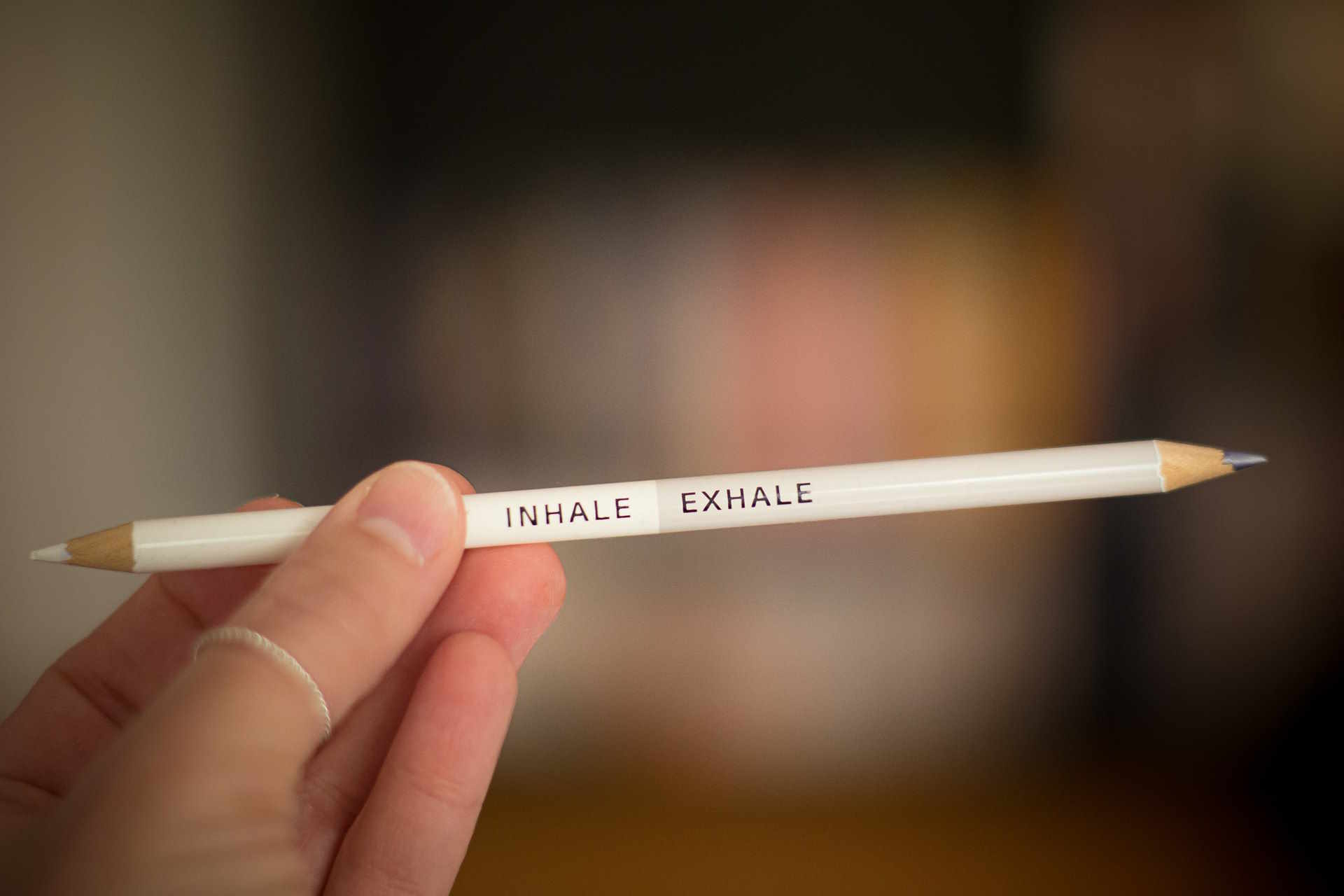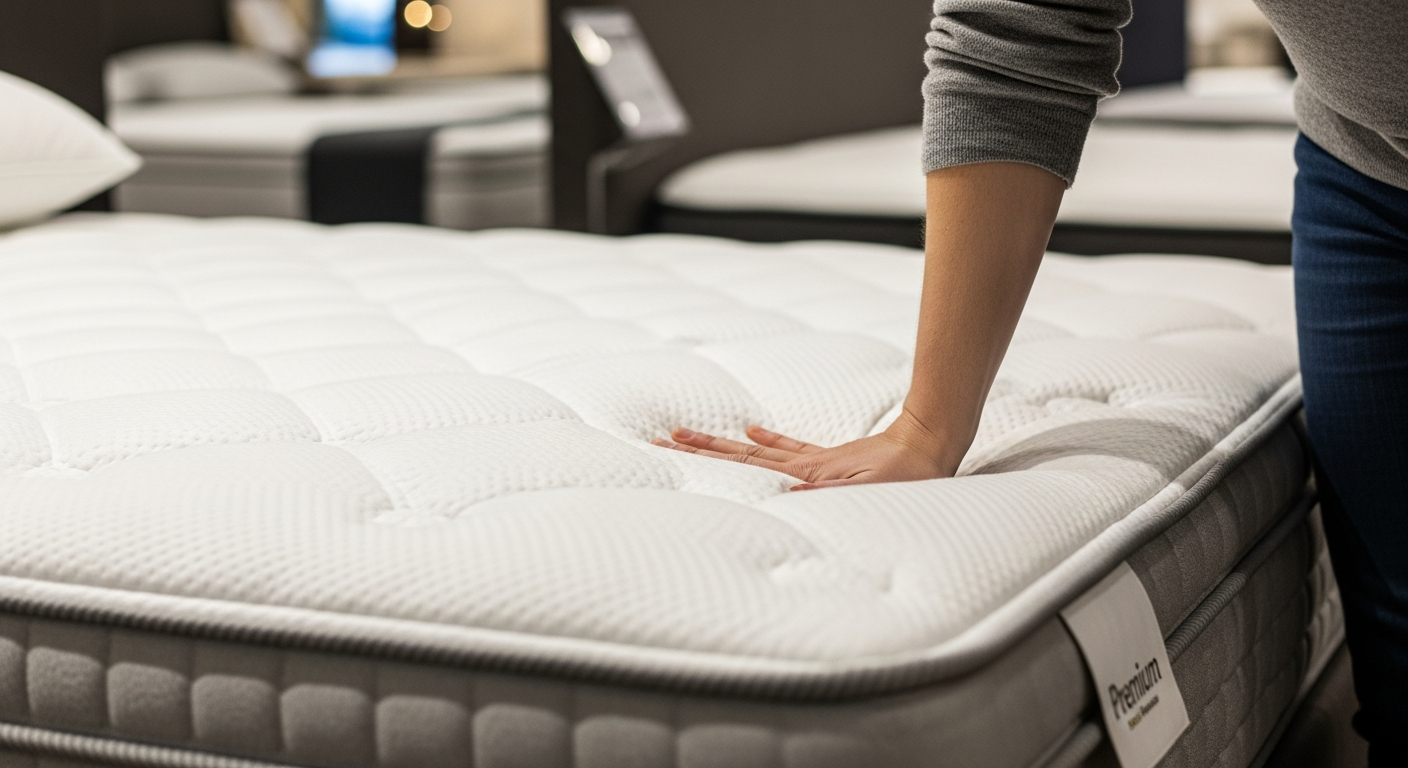How to Eliminate Anxiety – A Guide on Treatments for Relief
Anxiety is a universal human experience, and while it can sometimes feel overwhelming, there are effective strategies to help manage it. Finding methods that are comfortable for you and promote long-term well-being is essential. This article will explore various approaches to anxiety management that prioritize ease of use and safety.

The Power of Natural Approaches
Natural approaches have gained recognition for their effectiveness in managing anxiety. These methods often utilize herbal and botanical ingredients known for their calming properties. Incorporating practices like aromatherapy with essential oils, such as lavender and chamomile, can help create a soothing environment. Furthermore, mindfulness and meditation can ground your thoughts and provide a sense of peace. By focusing on natural treatments, you can support your mental well-being without the risk of side effects commonly associated with pharmaceuticals.
Strategies for Feeling Relaxed and in Control
Anxiety can create feelings of helplessness, but there are numerous techniques that can help restore your sense of calm and control. Incorporating relaxation techniques into your daily routine, such as progressive muscle relaxation or guided imagery, can help ease anxious thoughts. Cognitive Behavioral Therapy (CBT) is also an effective way to challenge negative thought patterns and develop healthier coping mechanisms. Learning to identify triggers and practicing self-compassion are essential steps toward regaining control over your anxiety.
Exploring Mindfulness Practices
Mindfulness practices have gained popularity as a means of addressing anxiety. Techniques such as meditation, yoga, and tai chi promote relaxation and self-awareness. These practices encourage you to focus on the present moment, which can alleviate anxiety and stress. Even short sessions of mindfulness can have a significant impact; consider starting with just a few minutes a day. Apps and online resources can help guide you through various mindfulness exercises, making it easier to incorporate these practices into your routine.
Building a Supportive Routine
Creating a supportive daily routine can significantly contribute to anxiety management. Regular exercise is a powerful tool; activities like walking, jogging, or dancing release endorphins, which can improve your mood and reduce stress. Establishing good sleep hygiene is equally important. Aim for a consistent sleep schedule, create a relaxing bedtime environment, and limit screen time before bed. Additionally, engaging in hobbies or activities that you enjoy can provide an effective distraction and foster a sense of accomplishment.
Useful Tips and Facts
- Regular Exercise: Engaging in physical activity can help reduce anxiety by boosting your mood and acting as a natural stress reliever.
- Deep Breathing Exercises: Techniques such as diaphragmatic breathing can help calm the mind and body during moments of anxiety.
- Sleep Hygiene: Prioritize establishing a regular sleep schedule and creating a calming bedtime routine to improve your overall well-being.
- Balanced Diet: Maintain a nutritious diet and limit caffeine and sugar intake, as these can contribute to heightened anxiety symptoms.
- Stay Connected: Talking with friends or family about your feelings can provide support and reduce feelings of isolation.
- Journaling: Writing down your thoughts and feelings can help clarify your emotions and reduce anxiety.
Finding effective methods to manage anxiety requires a personal approach, and it’s important to remember that everyone’s journey is different. By exploring various techniques, including natural remedies, mindfulness practices, and lifestyle changes, you can find what works best for you. Managing anxiety is a process, and with patience and commitment, you can foster a sense of calm and resilience in your life.




